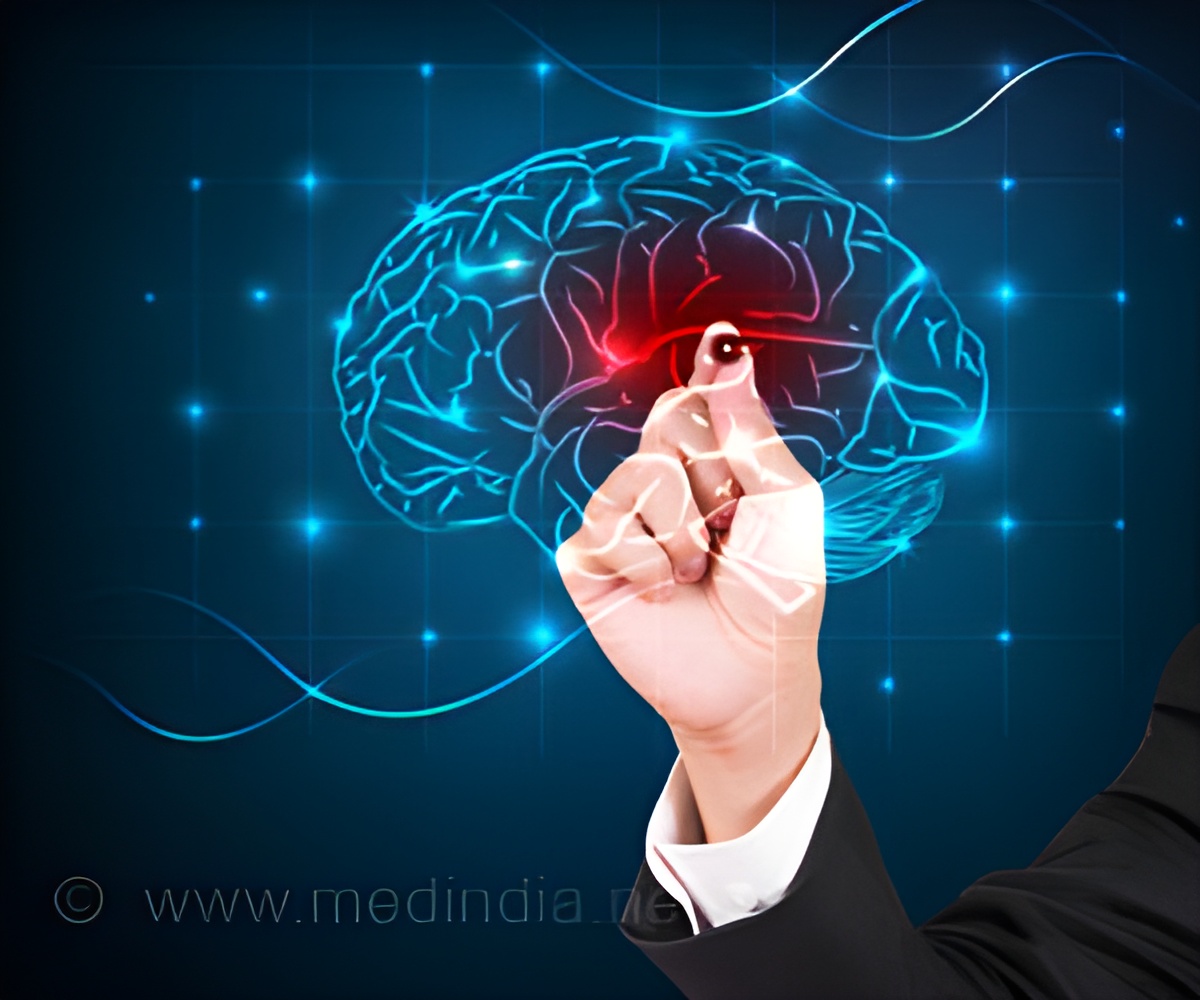
‘Undamaged brain cells do not change their function after a stroke to compensate for damaged ones.’
Tweet it Now
A stroke occurs when the blood supply to a certain part of the brain is interrupted by a blood clot, damaging the brain cells and their function.Majority of patients exhibit some degree of spontaneous recovery during the first few weeks after the stroke. So, neurologists assumed that the brain recruits existing neurons to take over for those that are lost.
New results from this study published in the journal Nature Communications, challenged this idea.
Studies in animals and humans recording the activity across different brain regions suggest that the damaged brain can "re-map" functions from one area to another after stroke.
Innovative tool discovered recently like two-photon fluorescence microscopy enabled researchers to start looking at individual neuron activation in real-time to determine if neurons that survived a stroke can assume the function of those that were lost.
Advertisement
Using re- mapping hypothesis in mice, neurons adjacent to the main column respond to a given whisker called "surround-responsive" cells. These are located in the column for one whisker, but they react to the stimulation of a neighboring whisker.
Advertisement
"If the HR office suddenly shut down, you might think more people in these other offices would start doing human resource jobs," Portera-Cailliau says.
These strong evidences show that the activity of the surround-responsive neurons also decreased after the stroke. Future studies exploring various ways to induce the surviving cells to compensate for the lost neurons can explain the recovery after stroke.
Source-Medindia















